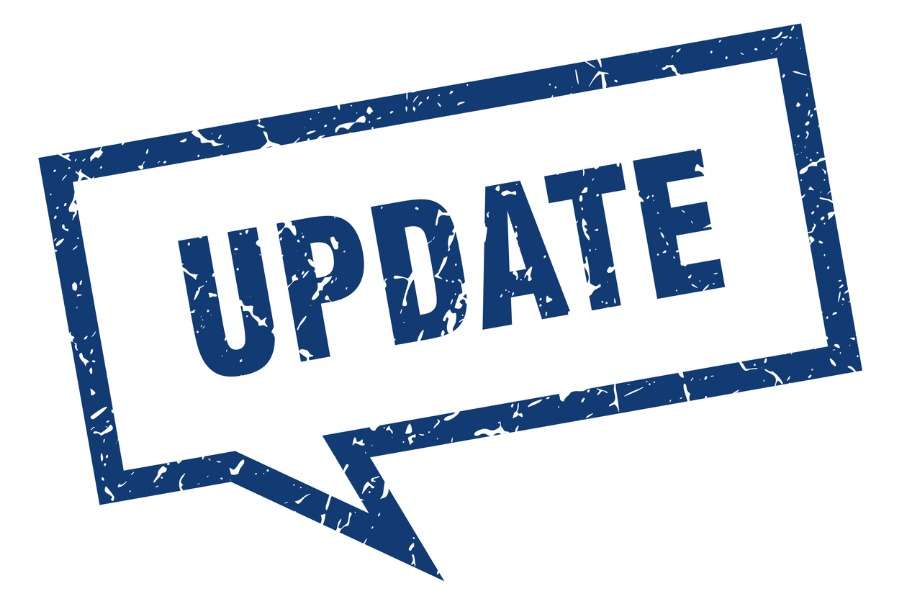COVID-19 – Further Guidance Released by the IRS

This update from Chris Plagge, Savant’s Director of Tax and Business Services, explains who is eligible for relief under the new provisions put out by the IRS and outlines the mechanics of filing your return and estimated payments.
You know it is strange times when one day after I write an article explaining new provisions put out by the IRS, I have to write a second article covering the clarifications the IRS released for those new provisions. Yet here we are. This afternoon the IRS released a FAQ page covering several of the questions that were left unanswered in my article yesterday and even some other areas that are worth noting. Here is what the IRS is telling us:
Who and What Types of Tax are Eligible for Relief?
Any person with a Federal income tax return or payment due on April 15, 2020, is eligible. This includes individuals, trusts, estates, corporations, or any type of unincorporated business entity. There is no requirement that you actually prove impact to be able to qualify. This effectively postpones the need to file or make payment till July 15, 2020, for filers of the following forms:
- Form 1040, 1040-SR, 1040-NR, 1040-NR-EZ, 1040-PR, 1040-SS
- Form 1041, 1041-N, 1041-QFT
- Form 1120, 1120-C, 1120-F, 1120-FSC, 1120-H, 1120-L, 1120-ND, 1120-PC, 1120-POL, 1120-REIT, 1120-RIC, 1120-SF
- Form 8960
- Form 8991
- Form 990-T (only for forms due April 15)
So who and what does not qualify? Payroll, Excise, Estate, and Gift taxes all remain with their normal filing due dates. Also, any businesses or other entities that file on a date other than April 15th have not been granted relief.
The Mechanics of Filing Your Return and Estimated Payments
If you are an individual who qualifies for the relief mentioned above, there is no additional steps you need to take other than file by July 15, 2020. However, the IRS is still encouraging individuals who expect to receive a refund to file timely and put those funds to use. We did receive clarification of our question yesterday regarding individuals filing for extension. The IRS has made clear that if an individual wants to request an extension, that request must be made by July 15, 2020, and will continue to extend your return due date to October 15, 2020, not January 15, 2021.
For individuals who have already filed their taxes and owe, nothing needs to be done to avoid interest and penalties beyond making payment by July 15, 2020. If you have already scheduled a payment to be made on April 15, 2020, it is important to note that there will not be an automatic rescheduling delay of that payment to July 15, 2020. In order to change that payment date you will need to do the following:
- If you scheduled a payment through IRS Direct Pay, use the confirmation number you received in your email confirmation to access the “Look Up a Payment” feature. From here you will be able to modify your scheduled payment.
- If you scheduled a payment through the Electronic Federal Tax Payment System, log into the system, click cancel a tax payment from the menu and follow the instructions.
- If you scheduled a payment as part of your tax return via ACH (this is the way that will apply to the vast majority of individuals), you can change your payment by calling the U.S. Treasury Financial Agent at 888-353-4537.
- If you scheduled a payment by credit or debit card, call your card processor and cancel the payment with them.
Two important points noted in my previous article are worth stating again today. The IRS’s guidance only applies to federal payments. It does not apply to the states for which you may be required to file. There is not uniformity across states regarding postponement, and because of this it is our position that individuals should continue to make every effort to file by April 15, 2020. It is also worth reiterating the bizarreness of individuals being required to file their 2nd quarter estimated payments prior to their 1st quarter payment. Second quarter payments remain due on June 15, with 1st quarter payments now being due on July 15, 2020.
How Does This Affect Other Deadlines?
Yesterday, tax professionals were arguing about what all this means regarding contribution deadlines for savings accounts. The IRS has clarified that the due date for making 2019 contributions to IRAs and HSAs has also been delayed to July 15, 2020.
As of right now, it looks like a stimulus bill will be passed later tonight or tomorrow. When this eventually becomes a reality, there will likely be further tax implications that occur. As these new issues come to light, be sure to check our emails, website, and social media for further guidance.
We continue to be grateful for the trust you have placed in us. Should you have any questions or concerns, feel free to reach out to your advisor. Together, we will all get through this.

